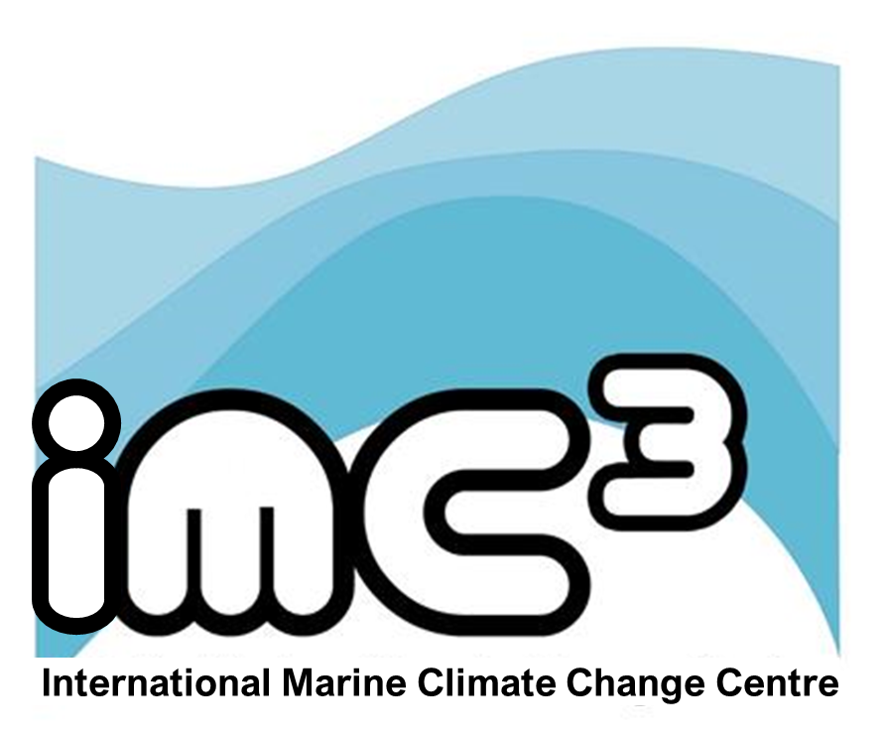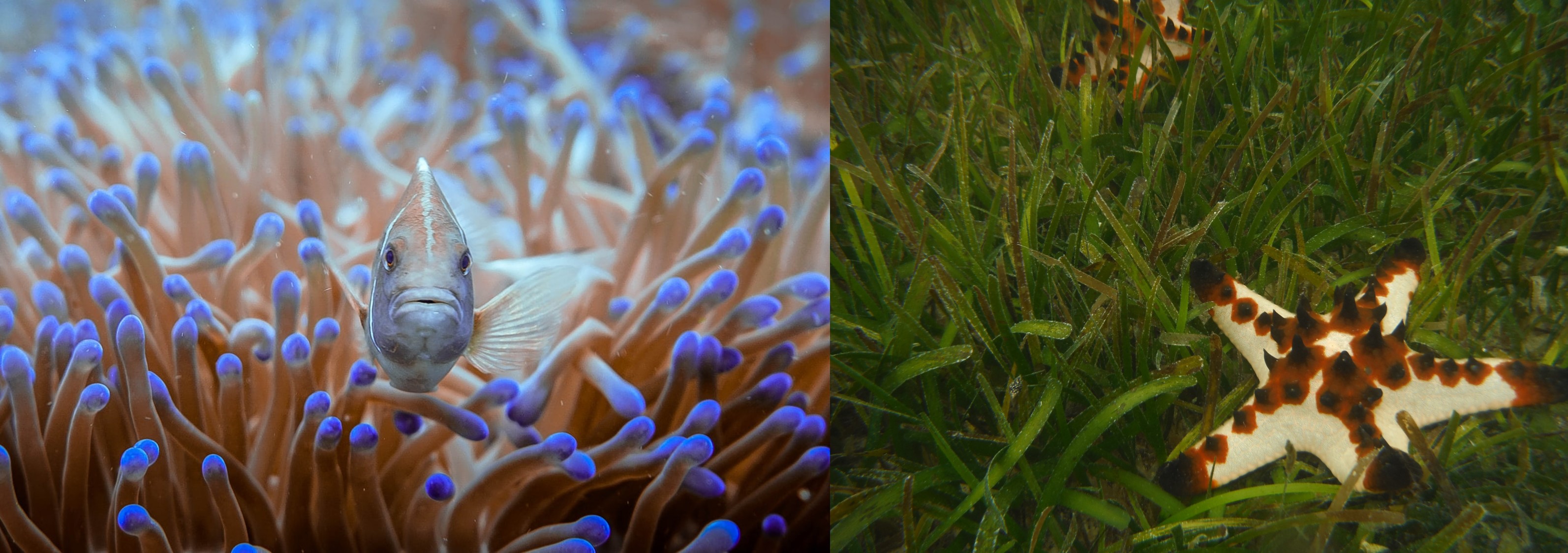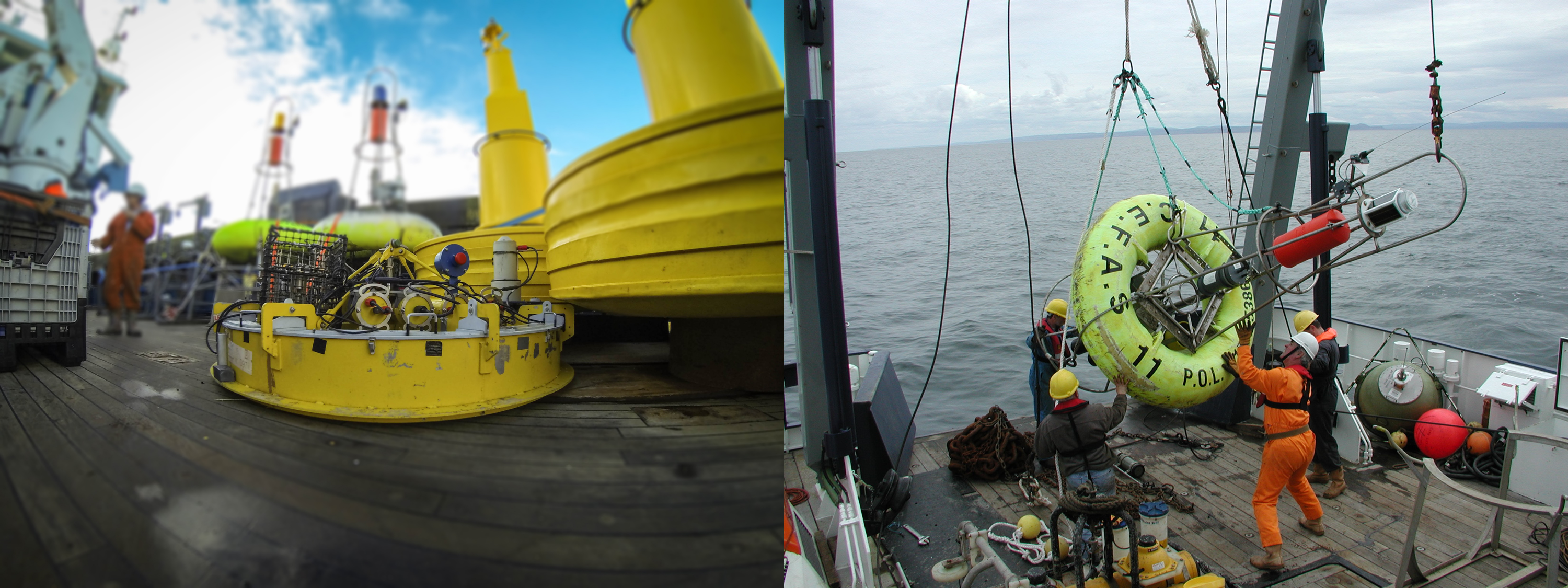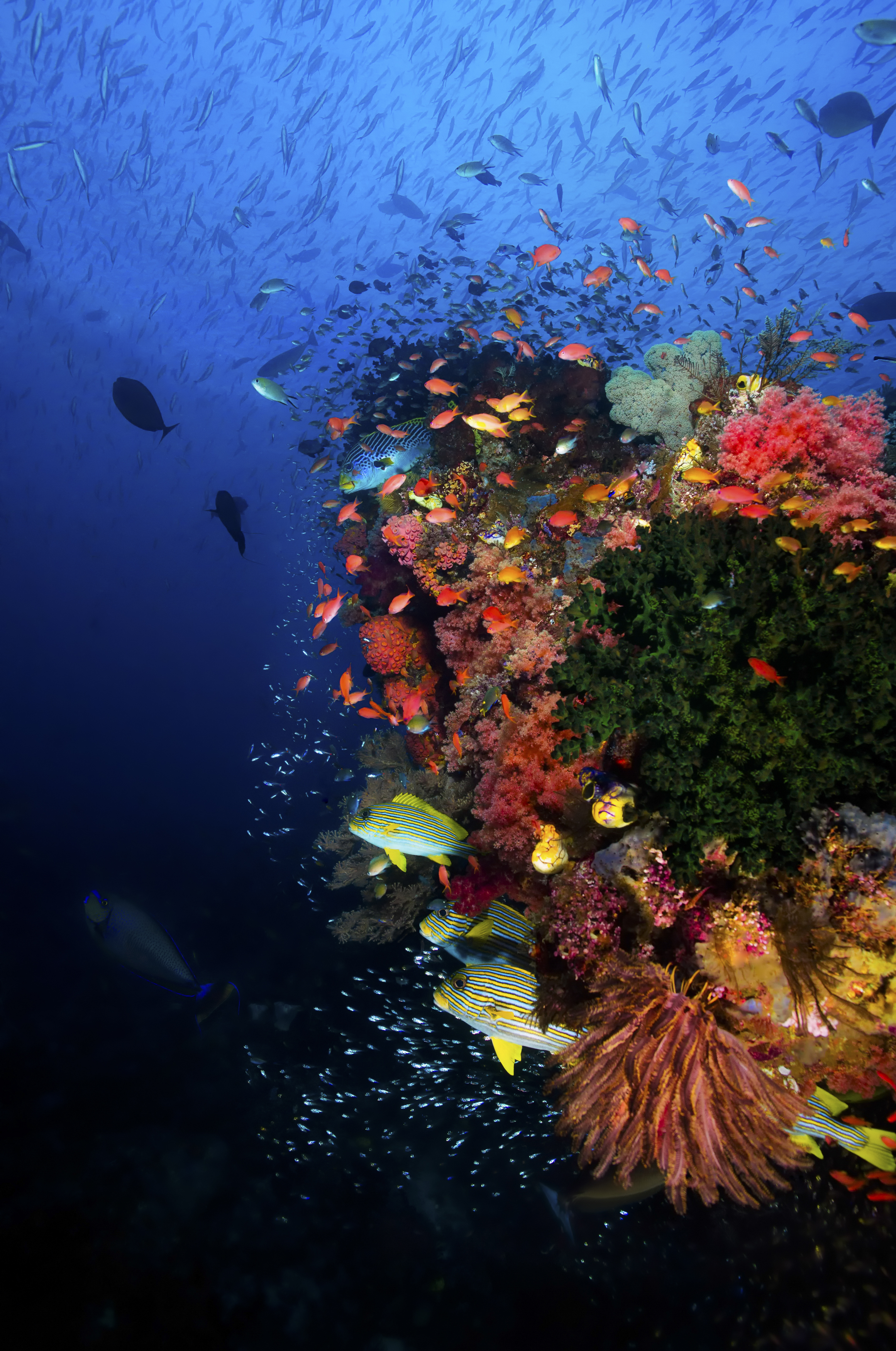Our Expertise

iMC3 logo
Marine Ecology
We have extensive expertise in marine ecology. Our research includes understanding climate effects on marine organisms such as fish, crustaceans, jellyfish and squid as well as non native species. We also examine wider ecological impacts of climate change, for instance on benthic, shallow and shelf sub-tidal habitats as well as whole food web and ecosystem dynamics. We use a broad range of techniques to undertake this work including experimental studies, spatial data analysis, GIS, macroecological and ecosystem modelling.
Fisheries
Building upon our heritage within fisheries science, Cefas has significant expertise in examining climate change impacts on fisheries. Our work includes understanding historical changes in fish populations and drivers of these changes, modelling future distributions of fish of commercial importance, undertaking vulnerability assessments to determine which fisheries are most at risk and examining social and economic implications of climate change on fisheries. Through this work we seek to not only better understand climate impacts, but also consider how fisheries can adapt to these changes.

Blue Carbon
A focus of our work also centres on exploring Blue Carbon, which refers to the carbon stored and exchanged within the marine environment and has important consequences for climate mitigation. Cefas’ work in this area has included determining the role of the Northwest European shelf seas in the global ocean carbon sink, quantifying carbon storage and sequestration in seagrasses in the Pacific, and economic valuation of carbon stocks in coastal and shelf UK ecosystems. Cefas hosts the Secretariat of the UK Blue Carbon Evidence Partnership (UKBCEP).
Microbiology and bacteriology
Building upon our expertise in seafood safety and aquatic animal health, we also work to better understand the role of climate change in driving the spread of waterborne infectious diseases, such as those caused by bacterial pathogens including vibrio species. We deploy a combination of phenotypic and molecular methods (including use of whole genome sequencing based approaches) to describe known and emergent pathogens. We also analyse epidemiologic data alongside climate trends (such as sea surface temperature) to understand drivers and spread of these pathogens.

Biogeochemistry
We have strengths in developing understanding of biogeochemical cycles at both shelf-wide and coastal scales. Our work in this area has explored the role of UK and European shelf seas in carbon storage and sequestration, in the global cycles of key nutrients (nitrogen, phosphorus, silicate and iron) and oxygen, and in determining phytoplankton, zooplankton and benthos states and functioning, thereby underpinning the future delivery of many ecosystem services.
Oceanography
Cefas has an established track record in physical and chemical oceanography, using both ocean models and observational data analysis. Utilising Cefas’ long term datasets, we analyse trends and variability at coastal, shelf and open ocean scales. Our work uses and develops regional ocean models on both shelf-wide and coastal scales to help us better understand physical ocean processes, such as temperature and salinity variability, wind-driven waves, or sediment transport. Modelling enables us to explore a range of scenarios over different spatial and temporal scales, e.g. investigating the impact of atmospheric forcing on oceanographic processes.

Environmental economics and social science
We work to determine the social and economic implications of climate change on society and industry. Our projects have included exploring the future profitability of UK fish and shellfish fisheries under warming and ocean acidification, the use of parametric insurance for developing climate resilience in Caribbean aquaculture and fisheries, and understanding peoples' attitudes, perceptions and knowledge regarding climate change and its impacts.
Science advice and communication
A core strength of our work lies in synthesising and collating the evidence on climate change and communicating this to provide information and advice to varied audiences including industry, policy and decision makers. We have expertise in developing scientific reviews and developing report cards, and have provided advice to inform the UK Climate Change Risk Assessment, UK National Adaptation Programme and the Scottish Adaptation Plan. We also host the Marine Climate Change Impacts Partnership, which acts to provide coordinate guidance on UK marine climate change impacts and adaptation to policy and decision makers.

